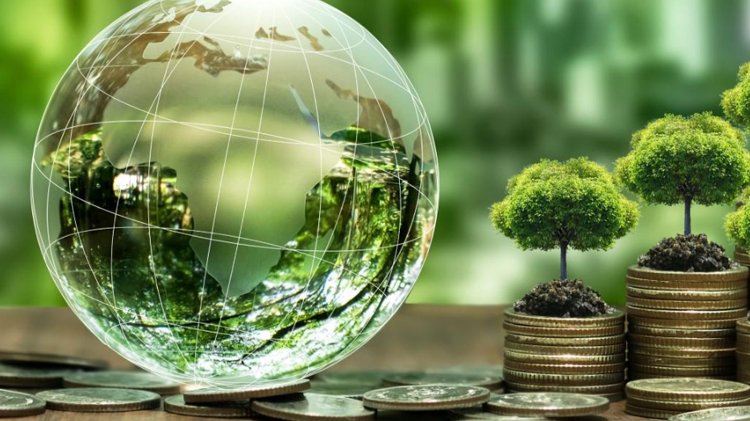UEMOA: A vigorous economic activity in 2024, under the aegis of strengthened budgetary governance
The statutory Council of Ministers of the West African Economic and Monetary Union (UEMOA) met on April 3, 2025, at the headquarters of the BCEAO in Dakar, in the presence of the Ministers in charge of economy and finance from the eight member states, heads of community institutions, and representatives from the main governance bodies of the Union.
In his opening speech, Mr. Adama Coulibaly, Minister of Finance and Budget of the Republic of Côte d'Ivoire and current President of the Council of Ministers, praised the good performance of the regional economy during the year 2024. According to estimates, the Union's GDP growth was 6.2%, compared to 5.3% in 2023, reflecting the resilience of national economies in the face of global uncertainties. This resurgence in activity is attributed to sustained dynamics in the extractive, manufacturing, and agricultural sectors.
Furthermore, the President of the Council highlighted the gradual control of the general price level, with an inflation rate that decreased to 2.9% in the fourth quarter of 2024, down from 4.1% in the previous quarter. This disinflation is mainly due to a reduction in tensions on food products, thereby contributing to the improvement of the purchasing power of the populations.
In terms of public finances, the overall deficit of the Union (including grants, on a commitment basis) was reduced to 5.1% of GDP by the end of December 2024, compared to 6.2% a year earlier. This decline attests to the continued efforts of budgetary consolidation and rigorous management of public finances.
Regarding external trade, the current account deficit has significantly narrowed, standing at 6.4% of GDP, down from 9.4% in 2023. This structural improvement is linked to a favorable shift in terms of trade and a significant increase in hydrocarbon exports. In this context, the overall balance of payments recorded a surplus of 3,013.9 billion FCFA, reflecting a renewed confidence from international investors, particularly evidenced by the return of several member states to the international capital markets.
Forecasts for the 2025 fiscal year remain optimistic. Regional GDP is expected to grow by 6.3%, driven by positive trends in agricultural, mining, and industrial activities. The inflation rate is expected to continue its decline, settling at 2.7%, thanks to the anticipated easing of food and imported energy prices, as well as favorable results from the 2024/2025 agricultural campaign.
At the budgetary level, the public deficit is projected to be 3.7% of GDP, confirming the virtuous trajectory adopted by member states regarding fiscal discipline.
Source: Agence ecofin, MEPD Web Portal Editorial Team




